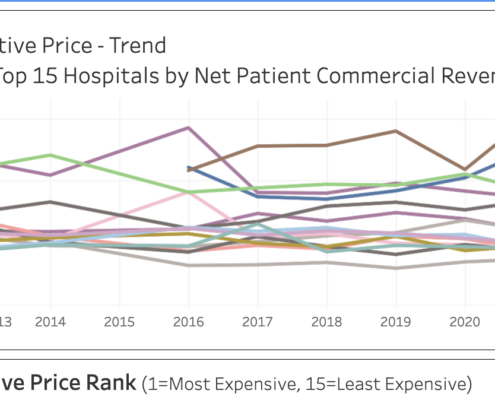Presenting Pioneer’s New Annual Report: “Shaping Our Future”
/0 Comments/in Blog /by Editorial StaffWe at Pioneer Institute work every day to promote policies that result in better school options, broader access to affordable healthcare, improved public services and infrastructure, and a more attractive climate for innovators and capital.
In Pioneer’s 2018 Annual Report (available to download or view online here), we share our work to drive this agenda in the Commonwealth and across the country. We share progress at the MBTA, even as much work remains. And we share success in expanding economic opportunity.
In this report back to you, our community of supporters, we change our format to focus on impact. We do this understanding that we cannot control the future any more than one controls one’s luck. In “Shaping Our Future,” we aim to show how we’re working to shape probabilities for success, with an emphasis on liberty and giving more individuals and families opportunity to pursue happiness.
None of this work and the impact it is having would be possible without you. Pioneer is, as Alexis de Tocqueville put it, a voluntary association of free individuals. Your choosing us, placing your trust in and committing resources to Pioneer, is sincerely gratifying.
If you’re already a member, thank you for your support. If you are not yet, please consider joining today. Your tax-deductible gift will help us continue our work!
Stay Connected!
Recent Research:

Posting Patient Prices: Transparency Cure for Hospital Blank Checks

Pioneer Institute Statement on the Commonwealth of Massachusetts’ March Tax Revenue Collections

U.S. Chamber Foundation’s Hilary Crow on K-12 Civics Education

Constitutional Property Taking: Exclusionary Zoning’s Costs to Owners and Society

Mayor Wu’s Commercial Property Tax Proposal: A Solution or a Snuff?

Transformative Medical Therapy Will Require New Cost-Benefit and Pricing Models

UCLA’s Ronald Mellor on Tacitus, Roman Emperors, & Despotism

Poor Housing Incentives: Tax Credits Reward Politicians Not Neighbors in Need

Tufts Prof. Elizabeth Setren on METCO’s Proven Results

Biden’s Budget Breakdown: Pragmatic Progress or Political Posturing

Sunshine Week 2024

Pulitzer Winner Joan Hedrick on Harriet Beecher Stowe & Uncle Tom’s Cabin

Genetic Therapy Revolution: Benefits and Barriers for Medicine’s New Horizon

Dr. Adrian Mims on The Calculus Project & STEM

Contours of Content Curation: SCOTUS Hears Online Free Speech Cases

Boston Children’s, MGH Among Massachusetts Hospitals with Highest Relative Commercial Prices

Yale University Pulitzer Winner Beverly Gage on J. Edgar Hoover & the FBI





